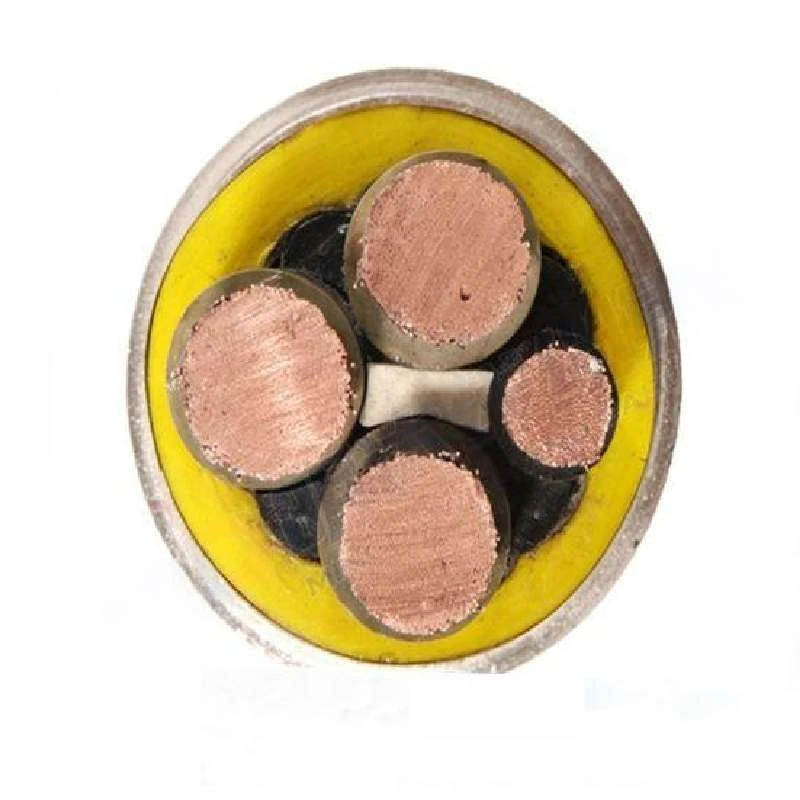Desemba . 05, 2024 15:03 Back to list
knife gate valve pneumatic
Understanding Pneumatic Knife Gate Valves Applications and Benefits
In various industrial applications, controlling the flow of bulk materials and fluids is essential to ensure efficiency and safety. One of the crucial components in this domain is the knife gate valve, particularly those operated by pneumatic systems. This article delves into what pneumatic knife gate valves are, their construction, applications, benefits, and their role in modern industry.
What is a Knife Gate Valve?
A knife gate valve is a type of valve used primarily for on/off control of flow in applications involving bulk materials and liquids. The name knife gate comes from the design of the gate, which features a sharp edge resembling a knife. This edge allows the valve to cut through thick materials, such as slurries or other viscous fluids, with ease. Knife gate valves are designed for applications where minimal leakage is critical and can handle a range of pressures and temperatures.
Pneumatic Operation
Pneumatic knife gate valves are equipped with actuators that utilize compressed air to open or close the valve. This mechanism provides several advantages, such as rapid response times and ease of integration into automation systems. Pneumatic systems are favored in environments where electric actuators may pose safety risks due to the presence of moisture or flammable materials.
The operation involves air pressure being applied to the actuator, which moves the gate up or down. This movement either allows flow through the valve or prevents it. Moreover, pneumatic controls can be programmed for precise operation, making them ideal for processes requiring exact control of flow rates.
Applications of Pneumatic Knife Gate Valves
Pneumatic knife gate valves find applications across various industries. Here are a few key sectors where they are commonly employed
1. Pulp and Paper Industry These valves are used to manage the flow of slurries and pulp materials. Their ability to handle fibrous or abrasive substances makes them a preferred choice.
2. Water Treatment Plants In municipal water treatment systems, knife gate valves are essential for controlling the flow of water and preventing backflow, ensuring efficient processing and distribution.
3. Mining and Minerals Processing They manage the transportation of mineral slurries and can withstand tough operating conditions, including high solids content and corrosive materials.
knife gate valve pneumatic

5. Chemical Processing In the chemical industry, these valves are vital for controlling flow in applications involving corrosive substances.
Benefits of Pneumatic Knife Gate Valves
The advantages of pneumatic knife gate valves over traditional valves are numerous
- Fast Operation Pneumatic actuators provide quicker opening and closing actions, essential for operations requiring rapid responses.
- Reduced Wear and Tear The design of knife gate valves minimizes wear when handling solid and abrasive materials, extending the lifespan of the valve.
- Efficient Seal The sharp edge of the knife gate ensures a tight seal when closed, preventing leaks and contamination.
- Automation Compatibility With the rise of Industry 4.0, the integration of these valves into automated systems is seamless, allowing for better control and monitoring of processes.
- Space-Saving Design Pneumatic knife gates are often more compact than other valves, making them ideal for installations with space constraints.
Conclusion
Pneumatic knife gate valves are an indispensable part of many industrial processes. Their ability to handle a variety of materials while providing efficient, reliable operation showcases their importance in modern engineering and manufacturing. As industries continue to look for ways to improve efficiency and reduce downtime, the role of pneumatic knife gate valves will undoubtedly grow, solidifying their position as a critical component in flow control applications across various sectors. Their durability, rapid operation, and integration with automation systems make them a preferred choice for many industry leaders.
Share